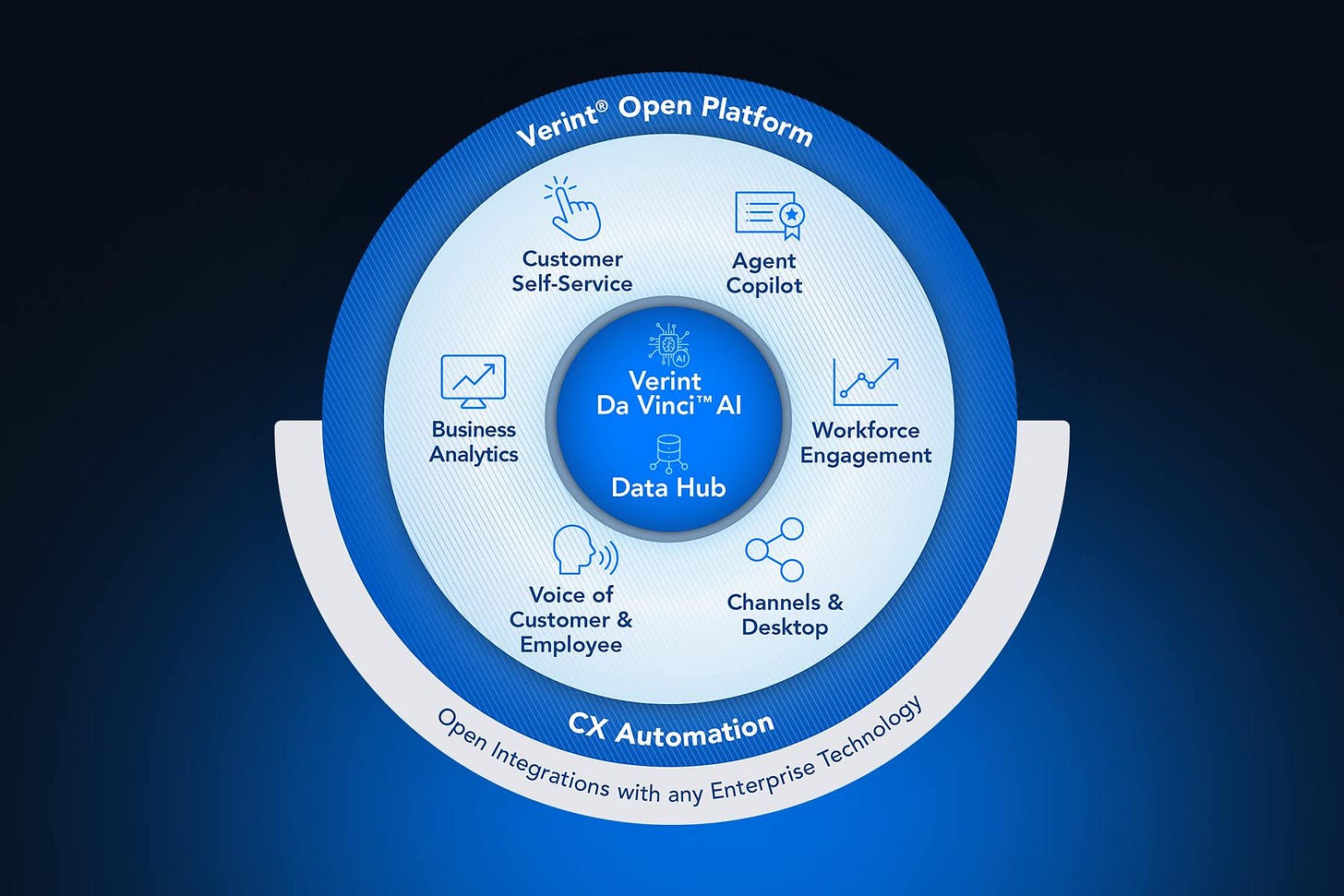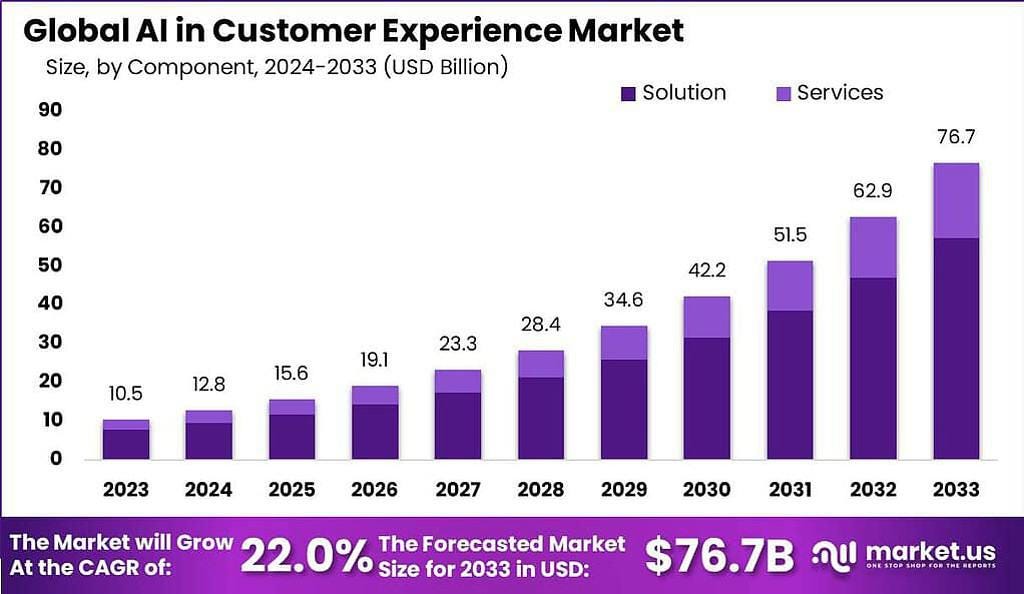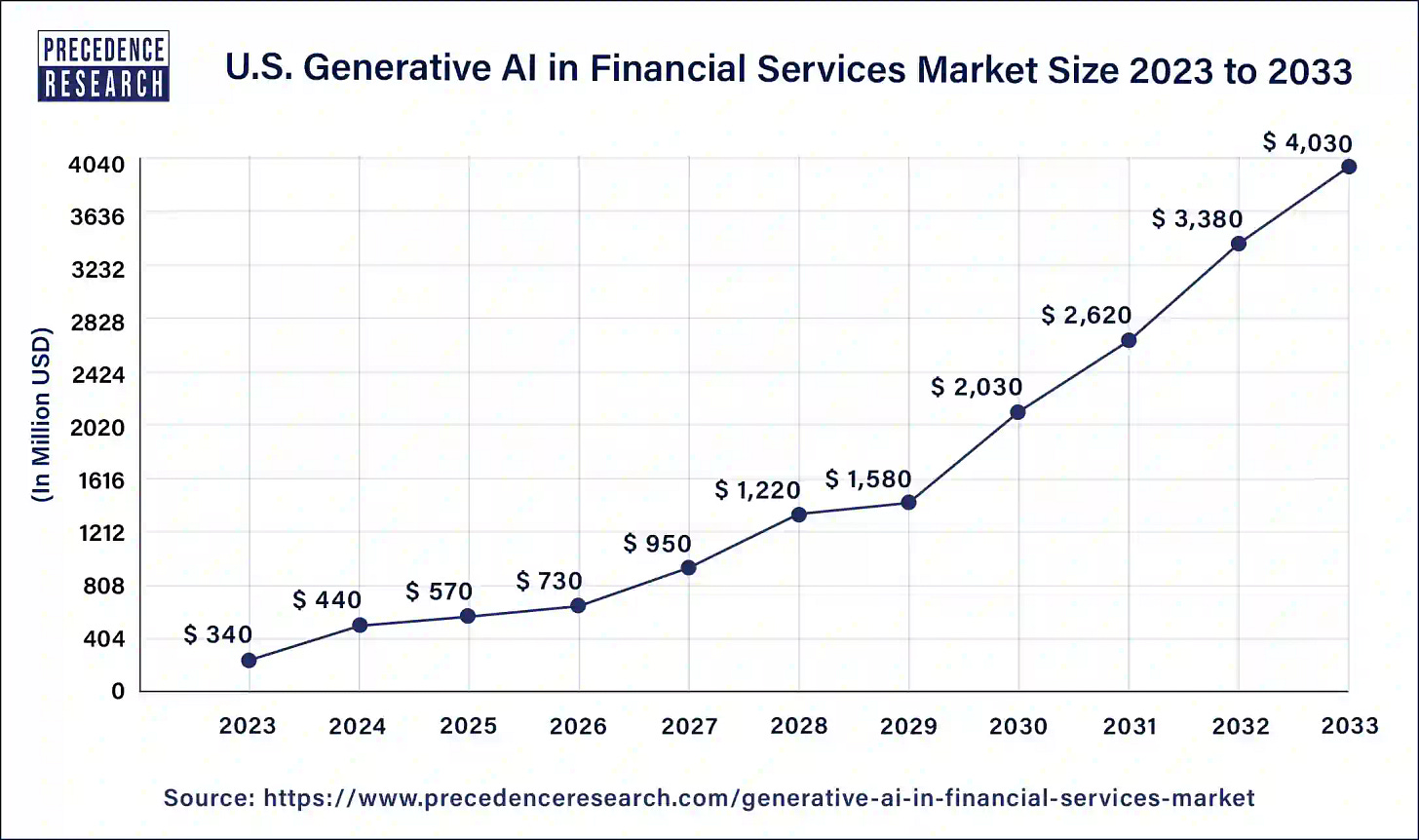The State of Customer Experience in 2025
A lot has changed in the last year, we have you covered on what to watch for in the year ahead.
Welcome to 2025, where customer experience (CX) is not just a buzzword but a dynamic field reshaped by technology, personalization, and evolving consumer expectations. Let's embark on a journey through the current landscape of CX and explore the industries leading the charge.
1. AI and Automation in CX:
One of the most significant advancements in customer experience is the widespread use of artificial intelligence (AI). AI-powered chatbots and virtual assistants are no longer just a novelty – they are becoming integral to everyday customer interactions. These tools are able to handle everything from answering simple queries to resolving complex issues, often with greater efficiency than human agents. For example, companies like Amazon and Sephora use AI to provide personalized shopping experiences and recommendations based on a customer’s purchase history and browsing behavior.
By the end of 2025, it's expected that voice AI will manage up to 30% of all customer service calls, according to recent reports from Gartner. This shift has profound implications for reducing wait times, improving the quality of service, and freeing up human agents to focus on more intricate issues. But perhaps even more importantly, it empowers businesses to deliver experiences that feel more tailored and immediate, which is exactly what customers crave.
2. Proactive Customer Engagement:
The days of reactive customer service (waiting for customers to contact you with problems) are being replaced by proactive customer engagement. Today’s consumers expect brands to anticipate their needs, solve problems before they escalate, and provide personalized experiences at every turn. This approach is heavily data-driven, as businesses leverage analytics and customer insights to predict issues before they even arise. For instance, Netflix and Spotify use data analytics to recommend movies, shows, and music based on past viewing/listening habits. Similarly, airlines like Delta use predictive data to offer customers solutions before they even have to ask, such as notifying them about potential flight delays and offering alternative arrangements.
This shift from a reactive to proactive model is more than just about avoiding problems—it’s about delighting customers by making them feel understood and valued at every interaction.
Industries Leading the Charge in CX Innovation
Now, let’s zoom in on the industries that are at the forefront of CX innovation in 2025:
1. Technology and AI:
The technology sector is leading the CX revolution by continuously pushing the boundaries of what’s possible with artificial intelligence. Beyond simple chatbots, companies like Microsoft, Google, and IBM are using AI to develop sophisticated solutions that improve the customer experience. In particular, we see AI being used for hyper-personalization in marketing, where businesses use predictive analytics to serve up content, offers, and services based on a customer’s preferences and behavior.
Take Apple, for example—its AI-powered personal assistant, Siri, not only helps with tasks but also adapts to a user’s preferences over time, making each interaction smoother and more customized. As voice assistants become smarter, they are set to play a pivotal role in transforming CX in 2025 and beyond.
2. Retail:
In retail, the push toward omnichannel experiences is in full swing. Customers today expect a seamless experience whether they’re shopping online, in-store, or using a mobile app. Retailers are investing in augmented reality (AR) and virtual reality (VR) technologies to enhance the shopping experience, especially for high-involvement purchases like clothing, furniture, and home decor. Brands like IKEA have already incorporated AR into their shopping experience, allowing customers to visualize how furniture will look in their homes before buying.
Additionally, retailers are increasingly using AI-driven recommendation engines to suggest products that match customer tastes, making shopping easier and more enjoyable. As a result, the focus is not just on making the sale but on making the entire journey—from discovery to post-purchase—feel personalized and effortless.
3. Healthcare:
The healthcare industry is also undergoing a significant transformation. Thanks to advancements in telehealth and remote monitoring, patients no longer have to visit clinics or hospitals for routine checkups. AI-driven health apps help track everything from heart rates to daily steps, sending notifications to patients and healthcare providers if any readings fall outside healthy ranges.
Additionally, healthcare providers like Kaiser Permanente and Mayo Clinic are using AI-powered chatbots to schedule appointments, answer medical queries, and even provide follow-up care after a visit. These innovations have been game-changers, especially in reducing wait times, improving accessibility, and offering more personalized healthcare services.
4. Financial Services:
The financial services sector has been revolutionizing its customer experience through automation and personalization. In 2025, banks and insurance companies are no longer just places where you store money or buy policies. They are rapidly evolving into digital-first service providers that offer personalized financial advice, real-time updates on account activity, and even customized investment strategies.
For instance, Chime and Robinhood are using AI and machine learning to provide personalized financial advice and to streamline financial transactions for their users. AI is also being used to detect fraudulent activity in real time, which not only enhances security but also improves trust between customers and financial institutions.
5. Entertainment and Media:
The entertainment industry has always been a frontrunner in terms of creating immersive and engaging customer experiences. Now, in 2025, streaming platforms like Netflix and Disney+ are becoming even more sophisticated, using data to provide tailored content recommendations based on viewing history. This personalized approach helps improve viewer satisfaction, as customers are more likely to find content that resonates with them.
Furthermore, gaming companies are exploring the possibilities of virtual reality (VR) and augmented reality (AR) to create more immersive, interactive experiences. Brands like Sony’s PlayStation and Oculus (by Facebook) are leading the way in delivering VR-based content, allowing players to experience gaming worlds like never before.
Looking Ahead to 2025 and Beyond
As we look forward to the rest of 2025, several overarching trends are shaping the future of customer experience:
Omnichannel Engagement: The future of CX will be omnichannel, with brands needing to seamlessly integrate in-person, online, and mobile experiences.
Hyper-Personalization: As AI and data analytics continue to evolve, businesses will use even more granular data to personalize every aspect of the customer journey—from marketing to post-purchase support.
Proactive Customer Service: Companies will anticipate customer needs before they even arise, offering proactive support through AI-driven solutions.
Sustainability and Ethics: More customers expect brands to prioritize ethical practices, such as sustainability and fair labor practices, as part of their overall customer experience.
To conclude, the customer experience landscape in 2025 is one of rapid innovation and transformation, with emerging technologies driving businesses to create personalized, proactive, and seamless experiences for their customers. By keeping a close eye on these trends and adopting new strategies, businesses will be able to stay ahead of the curve, ensuring that they meet and exceed customer expectations in the years to come.
As we move forward, expect to see even more industries adopting cutting-edge CX technologies, making 2025 a defining year in the world of customer experience!






